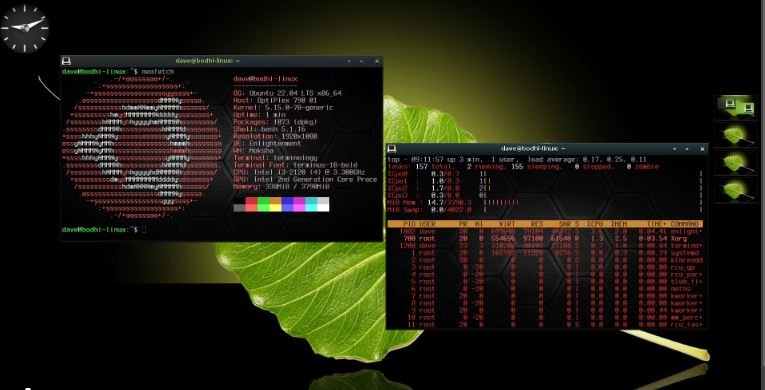Exploring lightweight operating systems for older devices offers a practical way to extend the life of aging hardware. Older computers often struggle with modern software, but lightweight operating systems allow them to run smoothly and perform basic tasks efficiently.

What Are Lightweight Operating Systems?
Lightweight operating systems provide a simplified version of traditional OS platforms, designed to use minimal system resources. By focusing on core functions and reducing unnecessary processes, they keep older devices running efficiently.
These operating systems remove excessive services and focus on speed. They allow older devices to handle tasks like web browsing, word processing, and media consumption without slowing down. By using fewer resources, lightweight operating systems improve performance even on hardware with limited memory or processing power.
Lightweight operating systems also come with smaller installation sizes, which free up hard drive space on devices with limited storage. This enables users to save more files and applications, maximizing the value of their older machines.
Popular Lightweight Operating Systems for Older Devices
Several lightweight operating systems provide effective solutions for outdated hardware, with a focus on speed and efficiency.
- Lubuntu: Lubuntu, based on Ubuntu, uses the lightweight LXQt desktop environment. It provides a fast, energy-efficient system that works well on computers with lower specs.
- Puppy Linux: Puppy Linux ranks among the lightest operating systems available, using only a few hundred MB of storage. It can run entirely from RAM, ensuring quick performance even on older hardware.
- Linux Lite: Linux Lite offers a familiar Windows-like experience while using fewer resources. It’s easy for users switching from other systems and works smoothly on older machines.
- Chrome OS Flex: Chrome OS Flex, a version of Chrome OS designed for older devices, provides quick performance by relying on cloud-based apps. It’s perfect for users already familiar with Google services.
Benefits of Using Lightweight Operating Systems
Lightweight operating systems bring numerous benefits to users of older devices, significantly improving performance, usability, and cost-efficiency.
They extend the life of outdated hardware. Instead of buying new devices, users install these efficient operating systems to keep their machines functioning well. This approach benefits anyone on a budget or those aiming to reduce electronic waste.
These operating systems also come with open-source licenses, allowing users to install and modify them for free. They offer a cost-saving alternative to expensive mainstream operating systems like Windows or macOS.
Running a lightweight OS enhances the responsiveness of older devices. Users experience faster boot times and smoother operations, even when handling basic tasks like browsing or editing documents. The optimization for low-resource environments ensures improved performance.
Conclusion
Exploring lightweight operating systems for older devices provides an excellent solution for users who want to maintain their aging hardware. With Lubuntu, Puppy Linux, and Chrome OS Flex, you can optimize older machines for daily tasks without sacrificing performance. Switching to a lightweight OS keeps your device functional, responsive, and ready for extended use.
